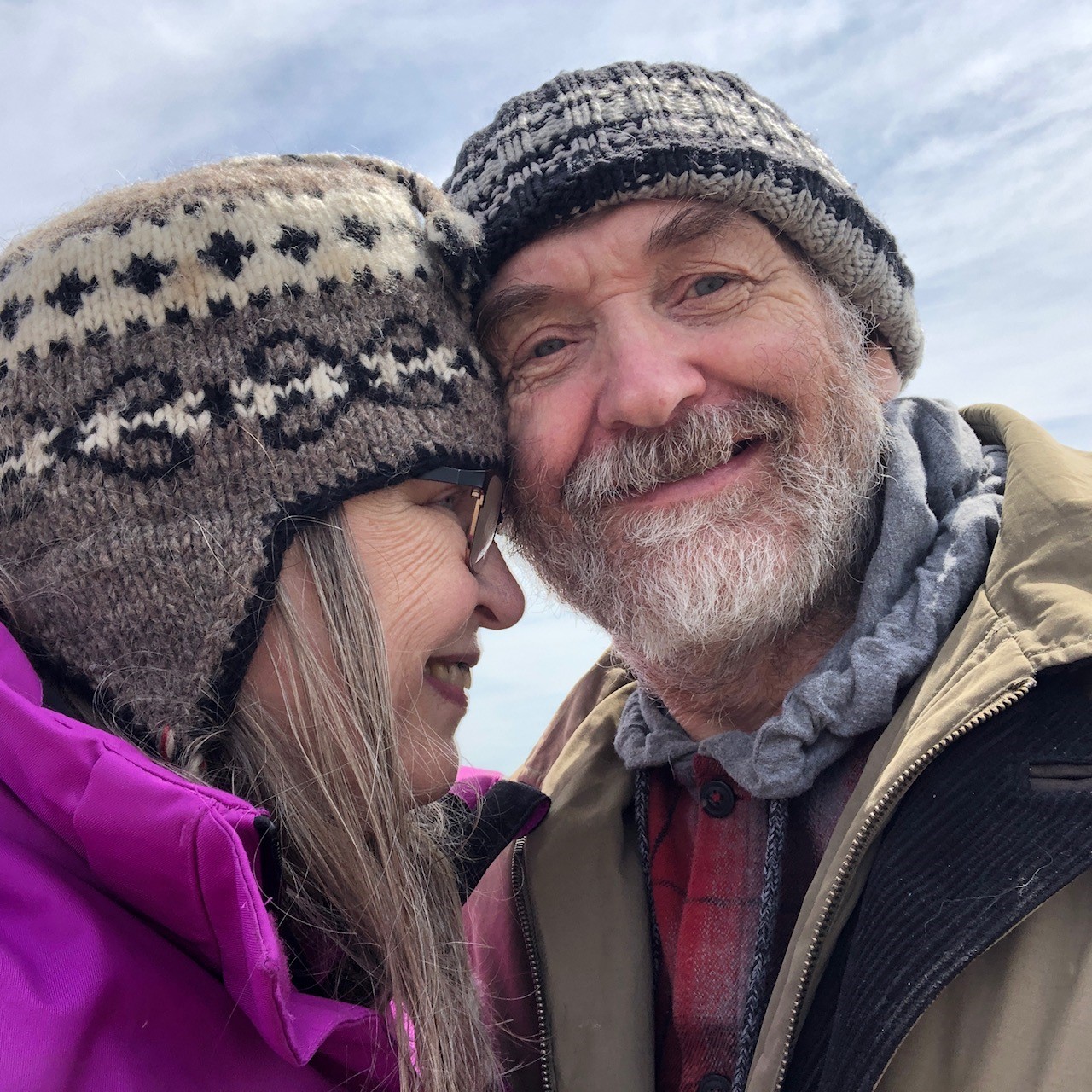Emotional Regulation & Resilience Living with CF – By Tina Clarke
Emotional regulation is defined as being able to “control” our emotions so that they stay within a manageable range of intensity for us. But what does it mean if we don’t feel in control and our emotions seem to feel too much? When living with CF it is pretty common that we sometimes feel overwhelmed and like our emotions and feelings are just too big. The irony is that to manage CF we need to be emotionally regulated and feel resilient for better health outcomes and a greater quality of life.
Chronic Illness & Survival Instinct
Chronic health issues interrupts our access to the human hierarchy of needs defined by the famous psychologist Abraham Maslow – from our ability to easily consume and digest our food or breathe for physical survival, through to our sense of physical safety in our body and environment and our sense of belonging, social support and connection in our geographical community.
Emotions are deeply tied into our nervous system and our human endeavour to survive – neuroscientist Antonio Demasio demonstrated through modern testing that emotions are physical states arising from the body’s responses to external stimuli. Through the lens of living with CF and all that it encompasses, we receive an excess of stimuli – internally from our physical body state and externally from medical institutions (think examinations, interventions, operations, doctor/patient relationships) as well as socially in terms of feeling different to others, support or lack of, financial interruptions and a societal structure that values unrelenting dynamic physical output.
Too Much Stimuli for our Nervous System
This amount of stimuli means that our nervous systems are working overtime and emotions are stimulated frequently, particularly those like fear or frustration that demand our bodymind to take action (fight/ flight) – effectively bringing our body into the stress response, altering everything from our hormones to digestion and brain function. With CF we are often not able to act on our bodies requests for change or elimination of the stimuli – we need medication, we continue to have breathing issues etc etc – and it is this that causes overwhelm and traumatic stress.
The human brain and body are constantly interacting via our nervous system which perceives every detail of our inner and outer environments – our brain and body scanning the information for any sort of potential threat to our survival. In fact, our nervous system has more pathways to identifying threats than it has for attachment and connection. This goes back thousands of years in our evolution to when finding our basic needs like food, warmth and shelter were a daily challenge. Regardless of the time that has passed since then, our nervous system and brain is still geared towards primal needs like safety as well as more complex emotional and relational needs.
Our emotional states can feel as though they sabotage us in our most challenging moments, but actually they are just messages from our body that something needs to change for us to stay safe and functioning optimally.
Traumatic Stress
When we have experiences that are perceived by our body as threatening to our survival (like pain, a frightening health incident, medical intervention or even social rejection) our body and mind records these moments to help us avoid them in the future. With chronic health issues “threats” like these are unavoidable and our brain and body will carry the memory of an event into future moments potentially causing anxiety and an overly sensitive stress response – which we have NO CONTROL over as it is a physiological event occurring in our autonomic nervous system. This legacy of traumatic stress occurs because of the many health events where we have not had the ability to emotionally or physically process them – as Dr Gabor Maté states, it is not the event itself that causes trauma but our ability to process the event in the moment. This means that it is not just war veterans or victims of abuse that suffer from trauma, but potentially anyone who has had an experience/s that overwhelmed them. People living with CF experience overwhelm on a number of occasions, if not regularly, dysregulating our nervous system and emotions.
CF Example of Our Nervous System Reactions
Take for example a situation where you experience intense joint pain or a bad chest infection and your caregiver/partner isn’t able to fully support you due to work commitments and you need to find the energy to go see your medical team and they tell you that you need to stay in hospital for a while. This means you will have to excuse yourself from your job/studies, be away from your family, alone in a hospital room all whilst not feeling well and worrying about whether the treatment will work. Your nervous system receives the message that you are experiencing pain and uncertainty, worry and fear is created as a way for you to eliminate the source of this stress so that your body can resume normal activities ie. homeostasis. In response to this stress and infection, your physiological stress response is stimulated, affecting all systems of your body including cardiovascular, respiratory, endocrine, gastrointestinal, nervous, muscular, and immune and reproductive systems.
Any physical or psychological stimuli that disrupt homeostasis result in a stress response. If the pain becomes chronic or you experience repetitive infections/breathing issues which is the long term effect of living with CF, it causes our nervous system to become stuck in an alert state which in turn alters our emotional state causing either a hyperaroused state in the case of anxiety or a collapse or freeze state which can show up as emotional numbness, disconnectedness, hopelessness and depression. It doesn’t have to be pain that causes this Traumatic Stress, it can be any interruption to your health status that causes psychological or physical stress.
So Can We Emotionally Regulate?
Living with CF causes emotional disruption and even dysregulation, and it isn’t just something that comes from our mind or even that we have control over. So is it even possible to learn how to emotionally regulate and cultivate resilience? The answer is yes and with modern understanding that emotions are psychobiological we need to begin by improving our interoception (inner awareness) and becoming familiar with and tend to our autonomic nervous system and befriending the full range of our emotional responses.
Resilience is not feeling strong and unshakeable in the face of challenge, but knowing and accessing our inner pathways to feeling safe and supported so that we can ride the waves of our emotions and come back to the safe harbour of our grounded Self.
Emotional regulation is being able to feel the fullness of emotion and at the same time being anchored deeply to the physical feeling of the present moment; resilience is experiencing fear, anger, sadness or disappointment and knowing and feeling how to navigate your way back to feelings of capability, safety and calm.
Emotional regulation is impossible to achieve solely from our cognitive powers of rationalising, it is a progressive process of befriending our nervous system and reframing our emotions as healthy expressions of inner needs that we can honour and act upon. Reinforcing nerve pathways towards feelings of safety and support requires identifying what those sensations feel like in our body and actively seeking more of them, through fulfilling interactions with others, relaxation practices, pleasurable movement, deep compassion and self-care.
New Understandings Needs New Awareness
Unfortunately it is still not recognised or understood by most medical teams that their CF patients are probably emotionally dysregulated and holding traumatic stress due to a range of factors from childhood developmental experiences through to managing and living with all the health and social issues associated with CF. All too often the issues of anxiety and depression which commonly go hand in hand with CF are not attributed to the state of our nervous system and innate biological survival system and are dismissed as a solely psychological disorder.
We can improve our resilience through gentle exploration into the world of sensation and tuning into our bodies intelligence. The ability to emotionally self-regulate leads to feelings of empowerment and autonomy, improving our sense of esteem and ability to walk our path with CF, rather than in spite of it.
Try these 3 exercises to reinforce your neural pathways to the parasympathetic (rest & digest) branch of your nervous system and improve your capacity for emotional regulation and resilience:
- Orienting: Soften the muscles around your eyes and slowly look at and name out loud 5 things that you see in your environment eg. A white plastic chair; a matt mint green wall, etc etc. Then name out loud 4 things that you can touch eg. My red fluffy jumper, the cool metal chair etc etc. Then name 3 things you can hear, 2 things that you can smell and 1 thing that you can taste. This simple activity activates a different part of your brain, brings you into your body so that your are in your body and mind and therefore can be in the present moment and process more easily what is going on for you. This exercise you can practice when you are not feeling stressed so that it makes it easier when you are feeling strong, overwhelming emotions.
- If you feel yourself going into an agitated, restless, anxious state, try standing and shaking out your limbs vigorously and stamping your feet on the ground. Do this for a minute or two and then pause and notice the feel of your feet on the ground. If you still feel all the restless nervous energy, do this process again, coming back to stillness afterwards. This process actively shifts the nervous energy out of your body, allowing your nervous system to come back into a more restful state.
- If you are someone who finds yourself disconnecting and going numb (dissociating) in high stress moments, start by rubbing the palms of your hands together and if it is comfortable for you, make your breath slightly deeper (if it’s not comfortable, leave this part out). You can continue rubbing and massaging your arms and then down your body, gently squeezing your muscles and flesh. Massage your scalp and stroke your face if you wish. By doing this for a few minutes you are gently bringing yourself back into your body and the present moment in a safe way, so that what you are experiencing can be better processed by you emotionally. If you have the space and a clean floor (!) you can also lie on your back on the ground and roll side to side, paying attention to the pressure on your body from the floor.
IF YOU WANT TO LEARN MORE ABOUT EMOTIONAL REGULATION AND HOW TO BUILD GREATER RESILIENCE, TAKE A LOOK AT MY NEW SHORT ONLINE COURSE STARTING APRIL 3RD AND IF YOU BOOK YOUR PLACE USE THE CODE CF44 TO GET AN EXTRA 10% DISCOUNT ON THE COURSE COST. CODE: CF44
Click here to register for this course
Click here to visit Tina’s website
***
About Tina Clarke…

Tina is 43 years old, was born with the genetic disease cystic fibrosis and received a double lung transplant in 2014. Tina has worked in her passion of bodymind health and wellness for over 20 years helping hundreds of people with various conditions. She specialises now in Somatic Movement and Embodiment for trauma, anxiety and stress due to living with chronic illness, cancer or organ transplant. Tina facilitates online group courses, working with registered charities and other organisations and does one-on-one coaching for empowering individuals to understand how their bodymind is affected by their health and medical experiences, and how they can improve their resilience, emotional balance, anxiety and traumatic stress symptoms through a body based approach, whilst incrementally improving their relationship with their body, whatever their physical condition.
Tina has studied and qualified in Natural Nutrition, Regression Therapy, Yoga, Body Mind Centering, and is in continuing studies for Body Mind Psychotherapy, Embodiment and Somatic Trauma Therapy.




